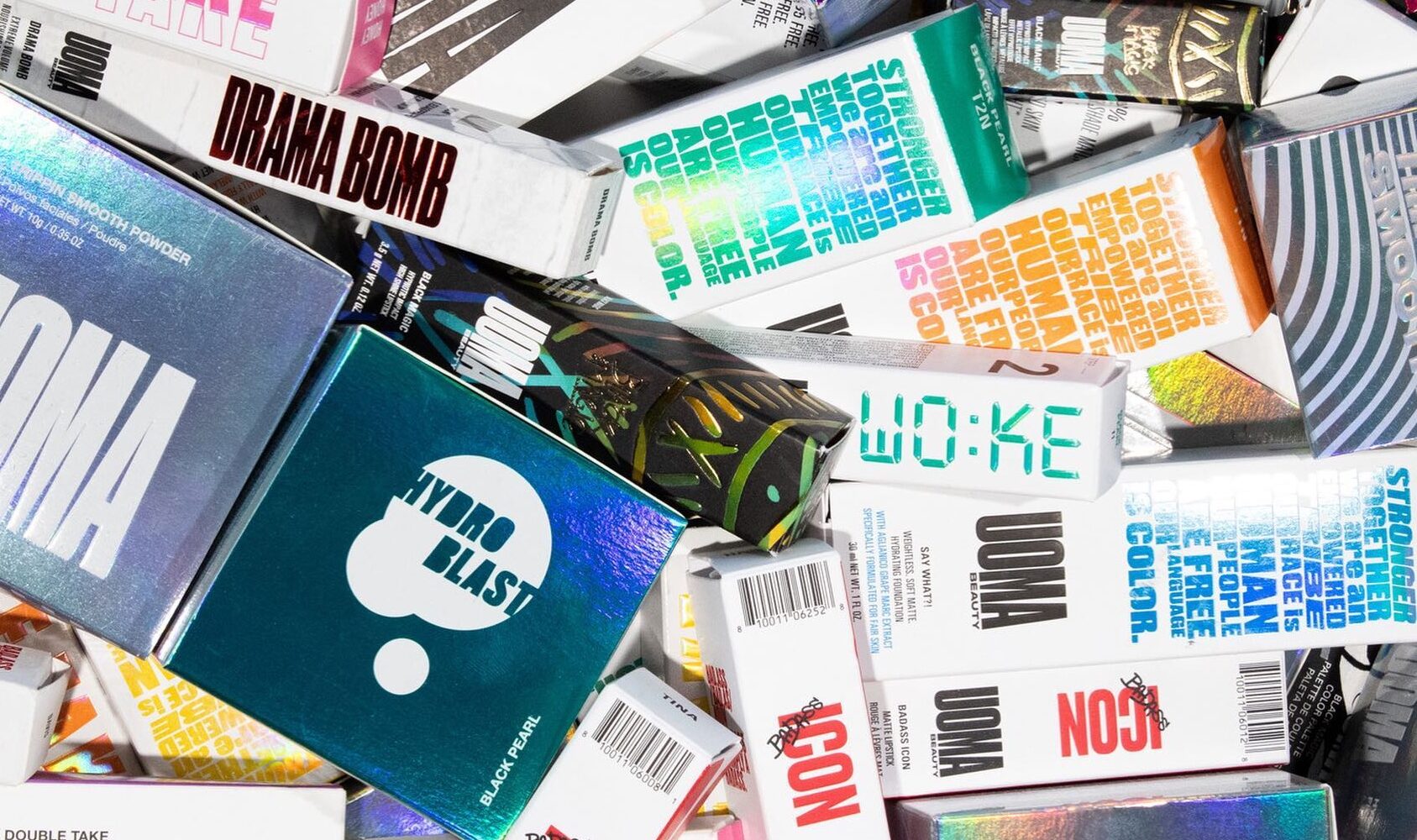
Private Equity Firm Saves Uoma Beauty From Closure
Uoma Beauty has found a savior in MacArthur Beauty LLC.
As reported by the publication Business of Fashion, the arm of investment firm The MacArthur Cos. has acquired intellectual property of the makeup brand known for fighting for diversity in beauty product assortments and corporate management for an undisclosed amount. The Uoma deal represents MacArthur’s first beauty transaction and a step toward reducing its dependence on cannabis, a sector that’s seen its stocks plunge this year. Aside from cannabis, the firm invests in the pharmaceutical, real estate and consumer packaged goods industries.
Todd Boren, managing partner at MacArthur, told Business of Fashion that he plans to rebuild Uoma’s team and rev up its inventory production to fulfill orders from retailers and customers. Customers have flocked to the brand’s Instagram account, which hasn’t posted since August, to complain about not receiving merchandise they bought. Boren mentioned Uoma generated $15 million in 2022 sales, but its sales weren’t enough to cover production costs.
On Nov. 13, Interfila Cosmetics, a Chinese subsidiary of beauty contract manufacturing company Intercos Group, sued Uoma for breach of contract to recover $50,352.70 it claims the brand owes it for cosmetic products. A preceding case involving Intercos and Uoma was dismissed in 2021. Last year, creative and technology agency Lightblue filed a lawsuit against Uoma for breach of contract, too.
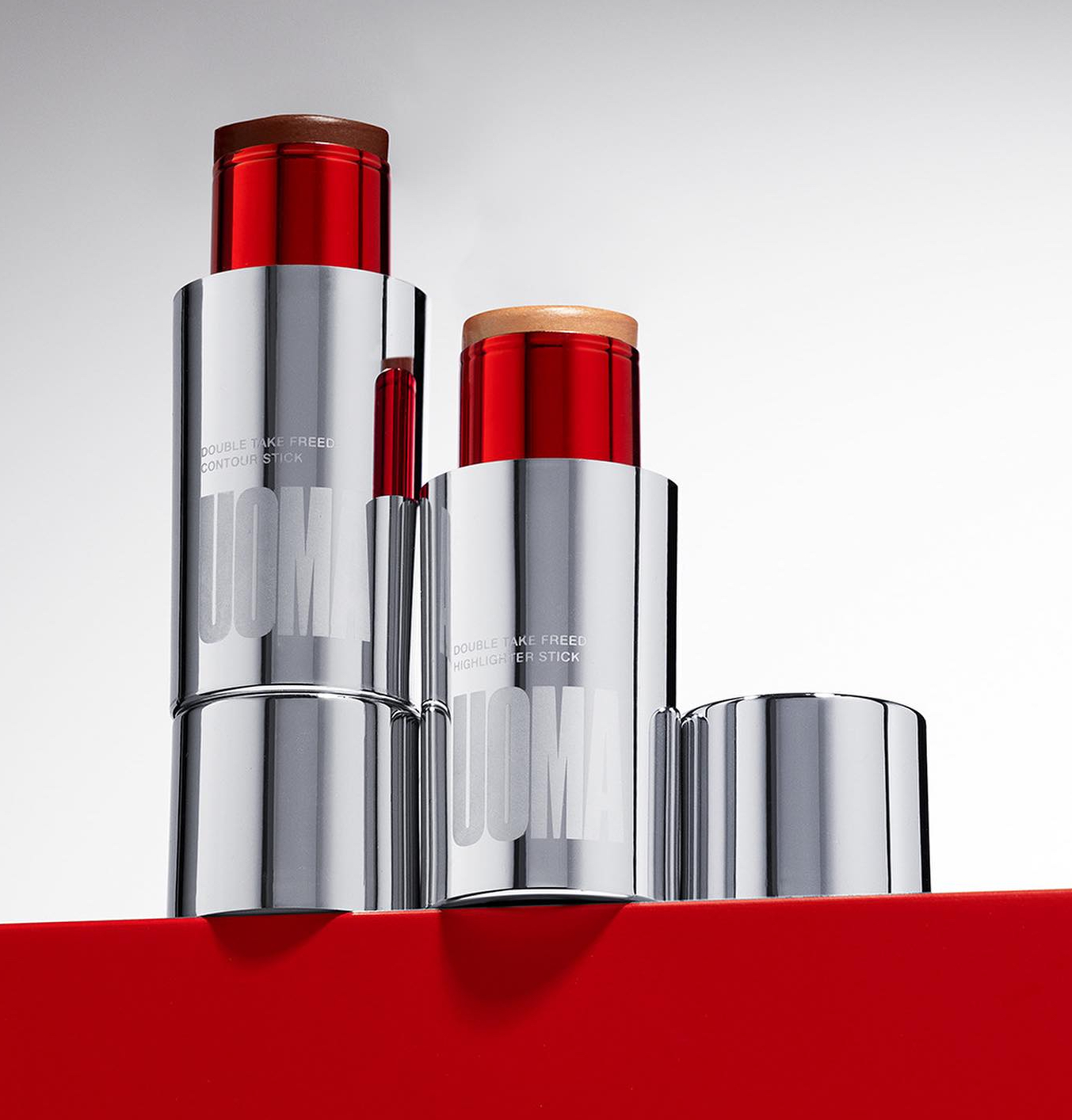
Launched in 2019 by Nigerian-born Sharon Chuter, who worked at PepsiCo, Benefit Cosmetics and L’Oréal prior to starting Uoma, the prestige brand is carried by retailers such as Ulta Beauty, J.C. Penney, Harvey Nichols, Nordstrom, Shopbop, Shoppers Drug Mart and QVC, but Business of Fashion points out it’s marked down at select retailers. Harvey Nichols and J.C. Penney are offering discounts on Uoma. The brand’s bestsellers include $39 Say What?! Foundation, $24 Badass Icon Matte Lipstick, $19.50 Drama Bomb Extreme Volume Mascara and $25 Stay Woke Concealer.
In 2021, Uoma rolled out an affordable secondary line called Uoma by Sharon C. at Walmart. Later, the line entered CVS. Secondary lines have been challenging for emerging brands without sizable cash reserves for satisfying inventory demand and marketing support to propel sales. Uoma by Sharon C. hasn’t posted on Instagram since May, and it’s been on clearance at Walmart. The line’s bestsellers include $7 It’s Complicated Lip Tint + Cheek Stain + Oil + Gloss, $7.99 Badder Boom Au Naturel Volumizing Mascara, $15 Flawless IRL Skin Perfecting Foundation and $5.99 Go Awf! 2 In 1 Water-Activated Face Wipes.
Chuter stepped away from CEO and board member posts at Uoma in May. At the time, she stayed on as a shareholder and creative visionary for the brand. However, it appears she’s no longer financially tied to Uoma. Business of Fashion reports that its previous investors, notably Unilever Ventures, have disentangled themselves from the brand. Remaining investor BrainTrust Fund, a firm backing Black-led brands, is an exception.
In the wake of George Floyd’s murder in 2020 and the ensuing Black Lives Matter protests, Uoma was among Black-owned brands commanding the spotlight to drive sales and awareness. Chuter seized the moment to establish Pull Up For Change, an initiative urging companies to go public with the number of Black employees they have in their organizations.
“Uoma, with its wide range of shades, beautiful packaging and presence in the prestige aisles of our beauty stores, represented the idea that we deserve to have representation in product and presentation.”
Subsequently, she embarked on Make It Black, a project that enlisted brands like Briogeo, Maybelline and ColourPop to redesign the packaging of their most popular products in the color black and funneled gross profits from sales of the redesigned products to Pull Up For Change’s Impact Fund for Black-owned businesses. The status of Pull Up For Change is unknown. It hasn’t posted on Instagram since March.
Uoma fan Chaffron Corder, a content creator at the website Mack The Maverick, hopes Pull Up For Change will stick around and lauds Uoma by Sharon C. for broadening Uoma’s concept to the masses. “It’s great to see more diverse selections pop up in Sephora and Ulta, but beauty is not just for those who have means,” she says. “Bringing a quality product that was inclusive to women of all colors to the drugstore made me and many other women feel seen and acknowledged in a new way.”
Corder adds, “Sharon Chuter and Uoma Beauty really emerged at a time when women of color were beginning to claim our voice as valuable consumers in the beauty industry, not to be ignored any longer. Uoma, with its wide range of shades, beautiful packaging and presence in the prestige aisles of our beauty stores, represented the idea that we deserve to have representation in product and presentation.”
While Uoma marks MacArthur’s first beauty investment, Boren is hardly a stranger to CPG. Along with his position at MacArthur, he’s the CEO of Alpen Group, a cannabis production and products company that owns CBD brands Plain Jane and KU. MacArthur’s website says the firm was responsible for one of the largest exits in the American cannabis market when it sold Form Factory, a manufacturer and distributor of cannabis-based edibles and beverages, to cannabis license holder Acreage Holdings for $160 million in 2018.


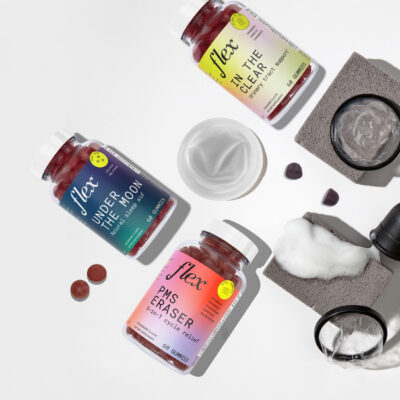
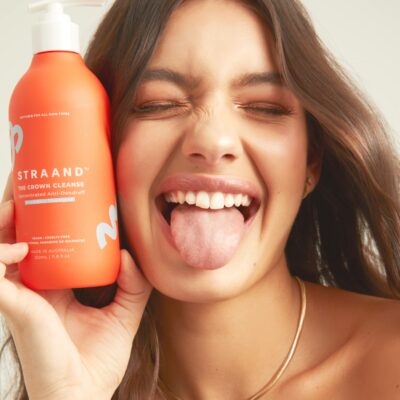
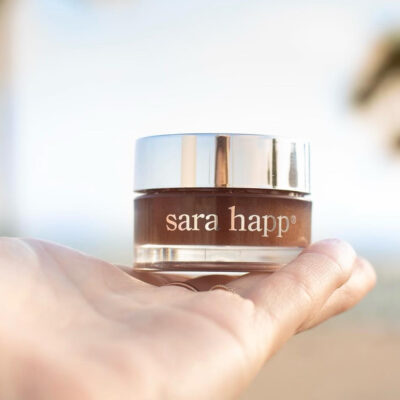
Leave a Reply
You must be logged in to post a comment.